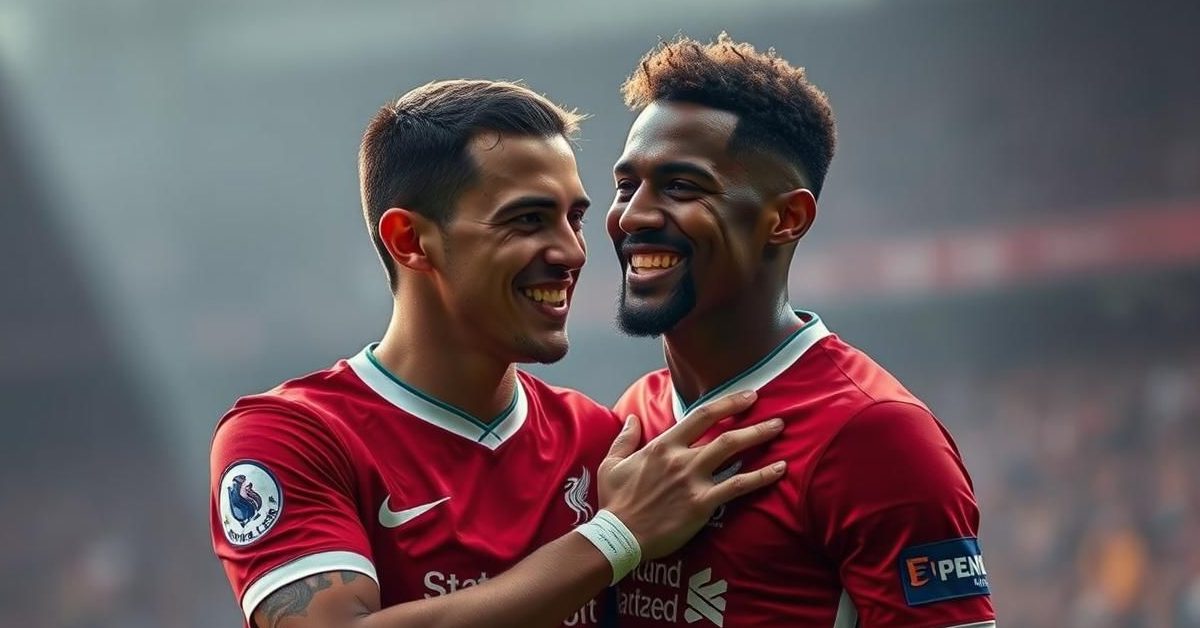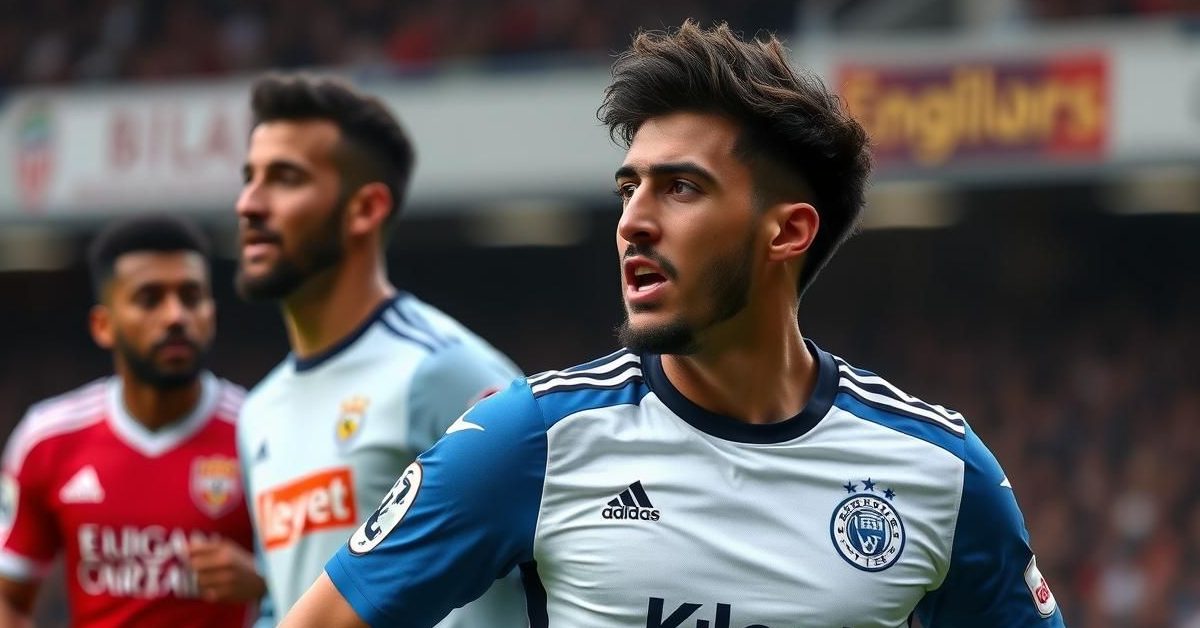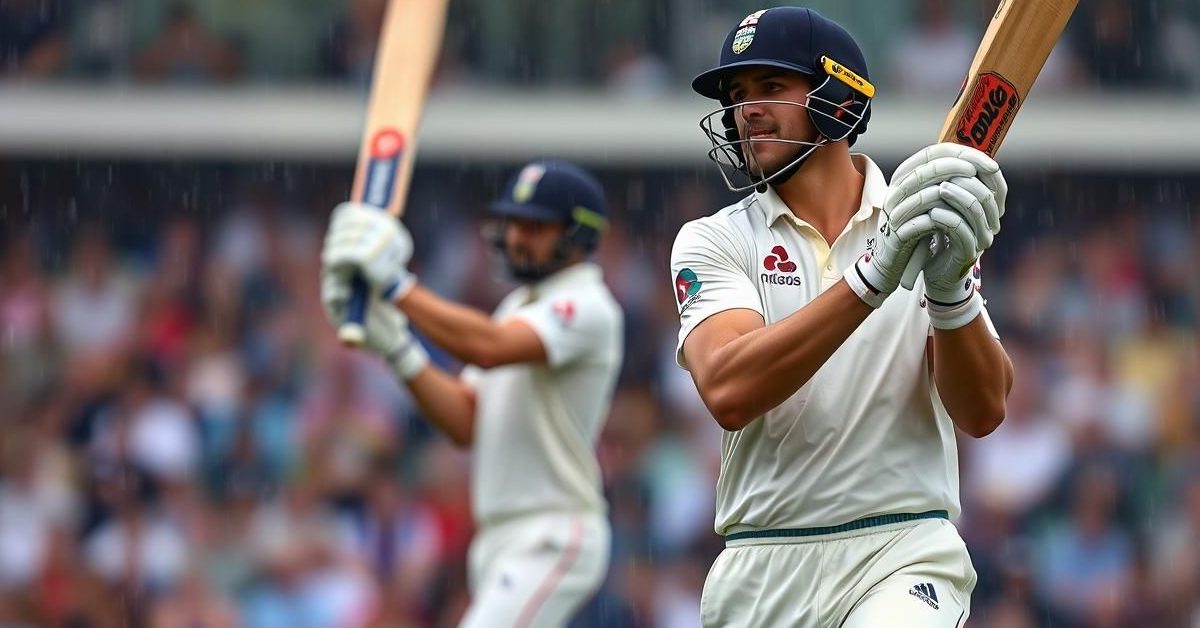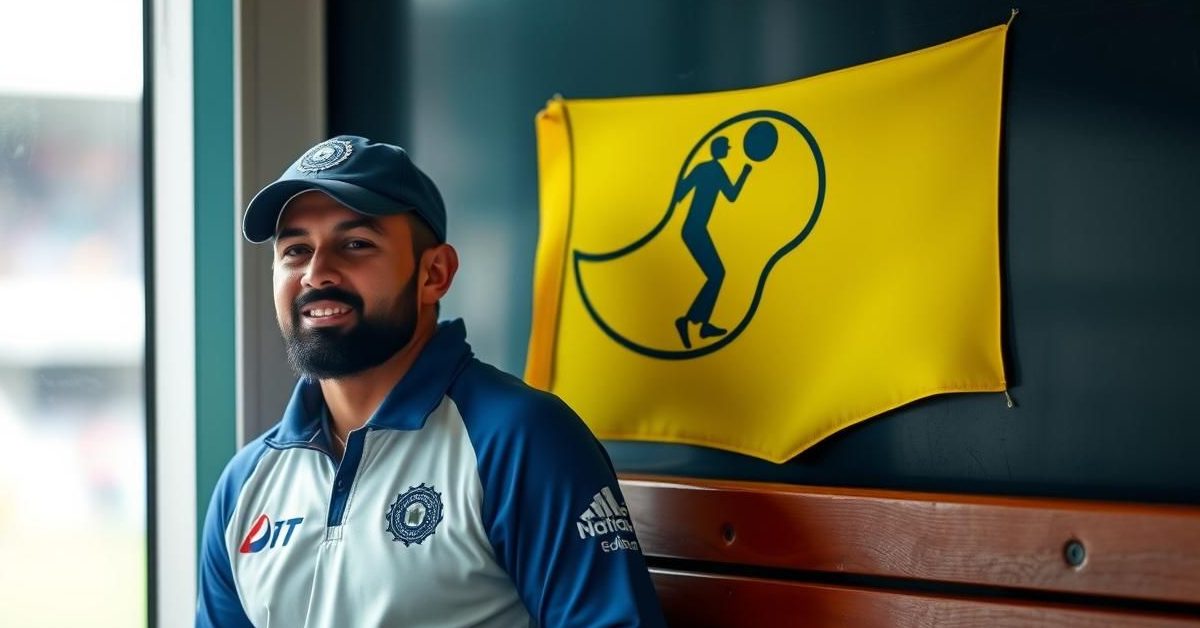When athletes face the unimaginable loss of a teammate or colleague, they navigate profound grief, often finding unique and personal ways to cope with their sorrow.
The Deep Impact of Loss
The football world recently mourned the passing of Liverpool’s Diogo Jota, and his teammates are feeling the immense void. Striking partners Diogo Jota and Darwin Nunez shared a special bond, with Jota’s smile etched into Nunez’s memory.
Andy Robertson spoke of missing his “bloke he loved” and confidante. Luis Diaz recalled a touching moment when Jota, after scoring, held up Diaz’s jersey to support him during a difficult family time. These anecdotes highlight the deep personal connections formed in professional sports, extending far beyond the pitch.
Finding Solace on the Field
For many athletes, returning to their sport becomes a crucial part of the healing process. Diogo Jota himself once spoke about football as a “refuge” during a World Mental Health Day documentary. He described how stepping onto the pitch helped clear his mind from life’s external worries.
Historically, athletes have found similar solace. After the tragic Munich Air Disaster, Manchester United goalkeeper Harry Gregg initially locked himself away, consumed by grief. However, he realized that getting back to the training ground was essential for his sanity, stating it “saved” him from going “insane.”
Navigating Grief and Mental Health
The journey through grief is not always straightforward. Sir Bobby Charlton, another survivor of the Munich disaster, battled post-traumatic stress disorder (PTSD) for the rest of his life. He often spoke of seeing “ghosts” and hearing sounds of his departed friends, highlighting the long-term psychological toll such tragedies can take.
Spanish football legend Andres Iniesta also struggled profoundly after the death of his friend and fellow player, Daniel Jarque. He described it as a deep “unease” and eventually sought medical help, emphasizing the importance of professional support when needed. Iniesta’s emotional tribute to Jarque by revealing a message on his shirt after scoring the winning goal in the World Cup final became an iconic moment.
Personal Tributes and Enduring Bonds
Coping mechanisms vary widely among athletes. Former Australian cricket captain Michael Clarke found comfort in recalling happy memories with his late teammate Phil Hughes. He consciously focused on their shared moments of joy, celebration, and everyday life.
West Indies cricketer Chris Gayle adopted a unique ritual, visiting the grave of his friend Runako Morton and sharing a glass of whiskey, a drink Morton loved. These personal rituals underscore the profound, unique bond athletes form, spending countless hours together, often more than with their own families.
- Athletes forge exceptionally deep personal bonds with their teammates.
- Returning to their sport often serves as a powerful coping mechanism for grief.
- Grief can manifest as long-term mental health challenges, requiring professional support.
- Remembering departed colleagues through shared memories and personal rituals is common.
Ultimately, while the pain of loss may never fully dissipate, the memories, goodwill, and enduring connections forged on and off the field help athletes navigate their sorrow and carry forward the legacy of those they have lost.













